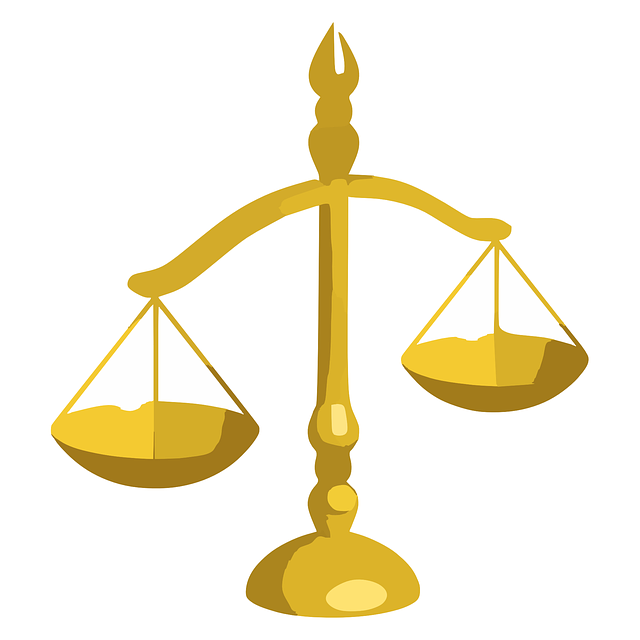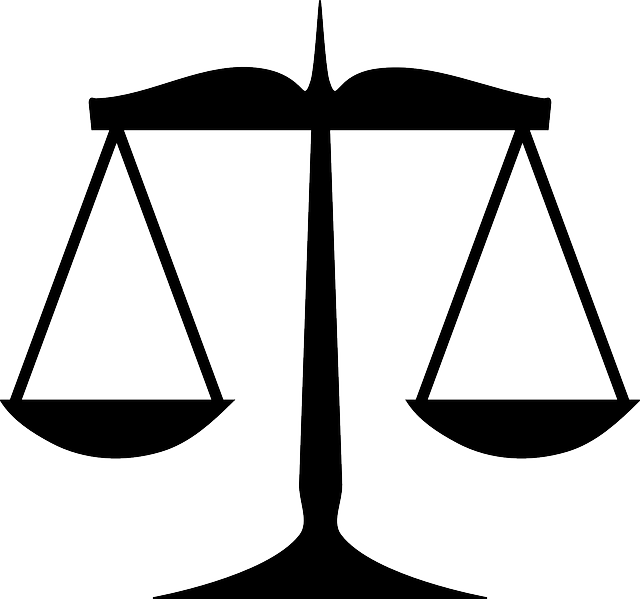Criminal defense lawyers in Oregon play a vital role in upholding fairness within the state's legal system. Their key responsibilities include examining prosecution evidence, identifying legal weaknesses, negotiating with prosecutors, preparing court motions, presenting cases, and educating clients on potential outcomes. They conduct thorough investigations, analyze evidence, craft strategic defenses, and maintain client confidentiality while advocating for their rights. Effective communication and a deep understanding of Oregon's criminal justice system are essential to ensuring fair trials and securing the best possible outcomes for clients.
In Oregon, criminal defense lawyers play a pivotal role in ensuring fairness within the legal system. This article delves into the multifaceted duties of these legal professionals, exploring their crucial responsibilities beyond mere representation. From navigating complex legal procedures in Oregon’s courts to preparing robust defense strategies, every aspect matters. We unravel the ethical considerations and communication skills essential for successful client advocacy. Understand the profound impact effective criminal defense has on the lives of those accused, shaping outcomes in Oregon’s legal landscape.
- Understanding the Role of Criminal Defense Lawyers in Oregon
- Key Lawyer Responsibilities: Representation and Advocacy
- Legal Procedures and Courtroom Duties in Oregon
- Building a Defense Strategy: Investigation and Case Preparation
- Communicating with Clients and Ethical Considerations
- The Impact and Importance of Effective Criminal Defense in Oregon
Understanding the Role of Criminal Defense Lawyers in Oregon

In Oregon, criminal defense lawyers play a pivotal role in ensuring fairness within the state’s legal system. Their primary duty is to represent and advocate for individuals charged with crimes, safeguarding their rights and interests throughout the legal process. Lawyer responsibilities Oregon encompass a broad spectrum of activities aimed at providing effective legal counsel and guidance.
These professionals are tasked with thoroughly examining the evidence presented by the prosecution, identifying any legal weaknesses or procedural irregularities, and constructing robust defenses on behalf of their clients. They engage in intense negotiations with prosecutors to reach favorable outcomes, such as reduced charges or plea bargains. Furthermore, criminal defense lawyers Oregon prepare and file legal motions, present cases in court, and educate their clients about potential consequences, ensuring they make informed decisions regarding their legal options.
Key Lawyer Responsibilities: Representation and Advocacy

In Oregon, criminal defense lawyers play a pivotal role in ensuring fair representation and advocacy for their clients. Their primary duties extend far beyond simply showing up in court. A key lawyer responsibility is to provide zealous representation, which means they vigorously defend their client’s rights throughout every stage of the legal process. This involves thoroughly examining evidence, crafting robust legal arguments, and challenging any procedural errors or constitutional violations that may have occurred during law enforcement investigations or prosecution.
Moreover, these lawyers act as advocates, ensuring their clients’ stories are heard and understood by judges and juries. They present evidence, examine witnesses, and deliver persuasive closing arguments to advocate for the best possible outcome. Effective advocacy requires strong communication skills, legal expertise, and a deep understanding of Oregon’s criminal justice system. By fulfilling these key responsibilities, criminal defense lawyers in Oregon safeguard their clients’ interests and ensure they receive a fair trial.
Legal Procedures and Courtroom Duties in Oregon

In Oregon, criminal defense lawyers play a vital role in ensuring fair legal procedures and advocating for their clients’ rights. Their duties in the courtroom include presenting opening statements, examining witnesses, cross-examining prosecution witnesses, and delivering closing arguments. They must be well-versed in Oregon’s unique legal codes and court rules to navigate the complex landscape of criminal justice effectively.
Moreover, lawyer responsibilities Oregon extend beyond the courtroom. They conduct thorough investigations, analyze evidence, and develop robust defense strategies. This involves reviewing police reports, gathering witness statements, and examining potential legal loopholes or procedural errors that could benefit their clients. Effective communication with clients is crucial, ensuring they understand their rights, options, and potential outcomes throughout the legal process.
Building a Defense Strategy: Investigation and Case Preparation

Building a robust defense strategy is a critical aspect of a criminal defense lawyer’s responsibilities in Oregon. The process begins with an extensive investigation and case preparation phase, where legal professionals delve into every detail to ensure the best possible outcome for their client. Lawyers examine the evidence presented by prosecutors, conduct independent investigations, and interview witnesses to gather crucial information. They also analyze legal precedents and state laws to formulate a solid defense argument.
During this phase, Oregon lawyers may employ various tactics such as filing motions to suppress evidence, challenging the admissibility of testimonies, or negotiating plea bargains. Effective case preparation involves organizing and presenting facts in a logical manner, identifying potential loopholes in the prosecution’s case, and building a strategy that aligns with the unique circumstances of each client.
Communicating with Clients and Ethical Considerations

Effective communication is a cornerstone of a successful criminal defense in Oregon. Lawyer responsibilities extend beyond legal expertise; they must build a rapport with clients, ensuring clear and consistent interaction throughout the legal process. This includes explaining complex legal concepts in understandable terms, actively listening to clients’ concerns and goals, and providing regular updates on case progress. A good attorney-client relationship fosters trust, enabling clients to feel empowered and involved in their defense.
Ethical considerations play a vital role in how Oregon criminal defense lawyers communicate with their clients. Lawyers are bound by professional standards that mandate confidentiality, honesty, and integrity. Maintaining open lines of communication while respecting client privacy is essential. Lawyers must also avoid any conflict of interest situations and ensure informed consent from clients regarding strategic decisions. Adhering to these ethical guidelines strengthens the attorney-client relationship, ultimately enhancing the quality of legal representation.
The Impact and Importance of Effective Criminal Defense in Oregon

In Oregon, criminal defense lawyers play a pivotal role in ensuring fairness and justice within the state’s legal system. Their primary duty is to advocate for individuals accused of crimes, providing them with robust legal representation. Effective criminal defense is essential as it safeguards the rights of the accused, prevents wrongful convictions, and upholds the principles of due process. Oregon’s lawyers are entrusted with navigating complex legal landscapes, challenging evidence, and constructing compelling defenses on behalf of their clients.
The impact of quality legal counsel cannot be overstated. Skilled criminal defense attorneys can significantly influence the outcome of a case, potentially reducing charges or securing favorable plea bargains. They also educate their clients about their rights, ensuring they make informed decisions throughout the legal process. Moreover, these lawyers ensure that evidence is handled properly and that procedural mistakes are brought to light, which might otherwise go unnoticed. In Oregon’s judicial system, where cases can be highly competitive, having a well-prepared and dedicated lawyer responsibilities are paramount in achieving just outcomes for all parties involved.
